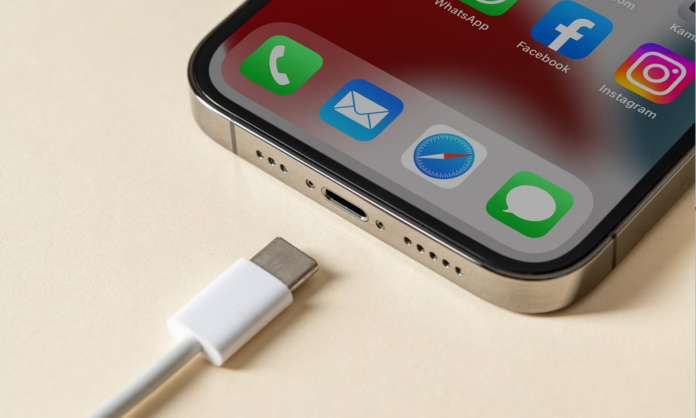Green ammonia startup Amogy has raised $11.2 million of a targeted $90 million round, an SEC filing reveals. The new round’s target is significantly smaller than its last round — a $139 million Series B-1 that was announced in March 2023 — highlighting the challenges that middle-stage climate startups face today when trying to attract investment.
Amogy did not immediately reply to questions about the funding round.
The company is focused on various transportation markets, including maritime shipping, long-haul trucking, and agriculture. Earlier this year, Amogy tested its ammonia-to-power technology in a retrofitted tugboat, and it previously tested it in semi-tractors and farm tractors.
Many green ammonia startups are targeting long-distance transportation in part because ammonia can be burned inside traditional internal combustion engines with a few modifications, although it does require a so-called pilot fuel like diesel or biofuel to help it ignite. Depending on the pilot fuel, switching to ammonia eliminates most if not all carbon emissions, but it also generates oxides of nitrogen, a class of pollutants that contributes to smog and acid rain and can cause global warming.
Amogy takes a different approach than most. Rather than burning the ammonia, it cracks the fuel into nitrogen and hydrogen. The nitrogen is emitted as harmless nitrogen gas while the hydrogen runs through a fuel cell, which produces electricity and water. The setup doesn’t require a pilot fuel, either, meaning it’s zero-carbon from the start.
Despite not reusing internal combustion engines already in trucks and ships, Amogy is likely to find at least some receptive customers, particularly within maritime shipping. The industry has set a deadline of 2050 to hit net-zero carbon emissions.








Leave a Comment